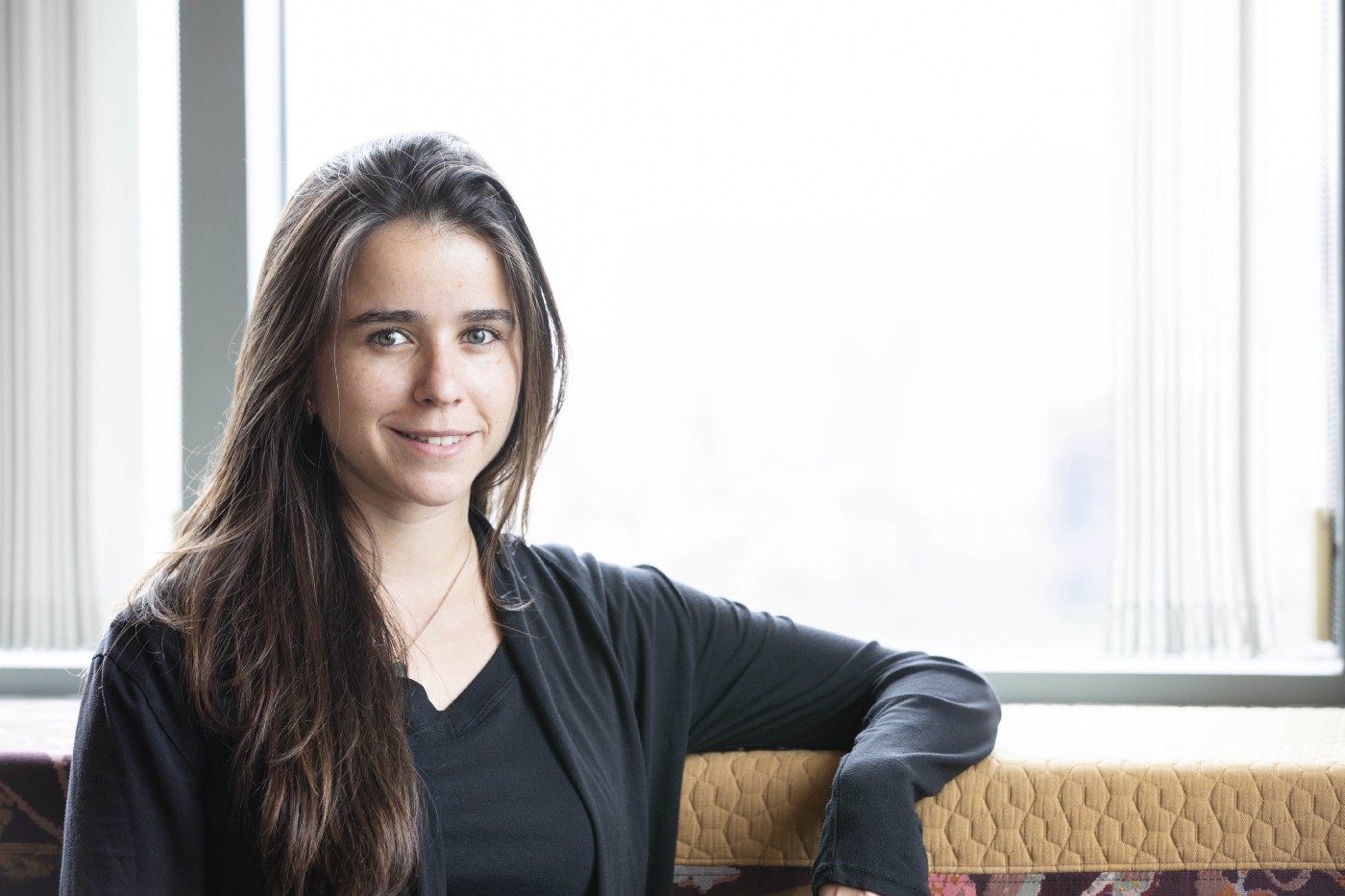
Maria De-Arteaga was working remotely as an investigative journalist in Madrid when she realized that data mining and machine learning could help to uncover social problems in the developing world. She was looking into a highway that Brazil had built through the Amazon rainforest to reach a port on the Pacific Ocean. She was scanning hundreds of contracts and spreadsheets, hunting for financial anomalies between what was promised in contracts and what was actually delivered. She thought there had to be a better way.
De-Arteaga thought machine learning would more quickly allow her to recognize patterns and irregularities in the data, speeding up the process.
She did end up finding inconsistencies, as well as uncovering through additional reporting the environmental impacts and rising criminal violence associated with the construction.
Inspired by that experience, De-Arteaga went on to pursue a Ph.D. in machine learning and public policy at Carnegie Mellon University. It was then that she launched an annual workshop called ML4D — Machine Learning for the Developing World — where researchers from across the globe come together in one space physically — and now virtually — to talk about the ways they use machine learning to tackle pressing issues, from deploying ML technologies in developing communities to sustainability to — most recently — disease outbreak preparedness.
And now she’s carried that passion with her to UT. This year, De-Arteaga joined the McCombs School of Business faculty as an assistant professor in the Information, Risk and Operations Management Department. During her Ph.D., she became increasingly concerned about the risk of overburdening or underserving historically marginalized populations through the application of machine learning, and now she’s devoted her career to understanding the risks and opportunities of using machine learning to support decision-making in high-stakes settings.
“When we talk about machine learning and AI, it’s easy to imagine this sci fi, impossible-to-understand technology,” De-Arteaga says. “But behind all the mysticism are math and statistics. When we talk about machine learning, we are actually talking about taking a large amount of data, using math models to find statistical patterns in the data, then using those patterns to make predictions and assessments when we encounter future data.”
And those mathematical algorithms can be used for everything from automatic language translation to assisting with medical diagnoses, as illustrated by the work of researchers in the ML4D community.
“It is important to design projects with the local context in mind. You see a lot of solutions that look very shiny on paper and make cool stories but don’t lead to actual changes.”
For instance, with computer vision — a field of artificial intelligence where machines learn to interpret images and video — a computer can help determine what a certain skin disease is by scanning vast numbers of dermatologic pictures or illustrations and then comparing those to real-life patient photos. This can be particularly beneficial in developing countries where people have to make critical decisions about whether to seek hospital care, which could be expensive and many miles away.
De-Arteaga adds, however, that while machine learning technologies can be extremely helpful in developing regions, there are also risks and constraints. Those can include perpetuating societal biases encoded in data, diverting scare funds toward initiatives that won’t succeed, or multinational corporations that experiment with new technologies in countries with little regulation.
“It is important to design projects with the local context in mind. You see a lot of solutions that look very shiny on paper and make cool stories but don’t lead to actual changes,” she says. “One of the challenges of using machine learning in developing regions is that a lot of the technologies we have designed have the context of wealthy nations in mind.”
Researchers will discuss these and other issues at the upcoming one-day ML4D workshop on December 12, 2020. This year’s focus is on using machine learning to improve resilience in the face of future crises — an apt topic as the coronavirus pandemic rages on.
De-Arteaga is also part of Good Systems, a UT grand challenge that seeks to design and promote values-based artificial intelligence technologies. She was also the program chair for the 2020 Global Analytics Summit, co-sponsored by Good Systems, which took place this fall and focused on the ethics of AI.
“The main thing that motivates me and my work is understanding how we can use machine learning for positive societal impact,” De-Arteaga emphasizes. “One element that has become core to my work is characterizing the risks of using machine learning and then understanding how to mitigate those risks so we can build and deploy machine learning technologies in a responsible and ethical way.”
Maria De-Arteaga, Ph.D., is an assistant professor in the Information, Risk, and Operations Management Department in the McCombs School of Business whose research focus includes using machine learning to support decision-making in high-stakes settings. She helped to found the ML4D workshop, which brings together researchers globally to use machine learning to solve problems in the developing world.

